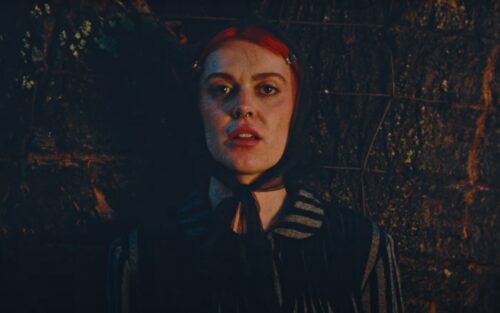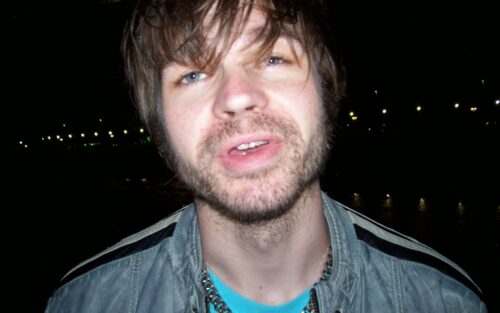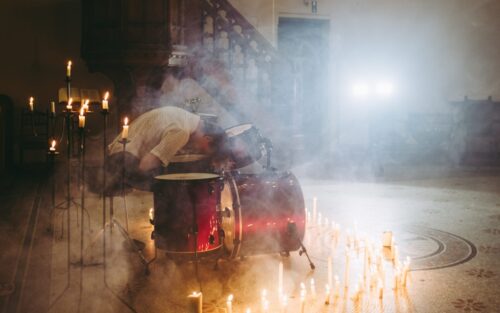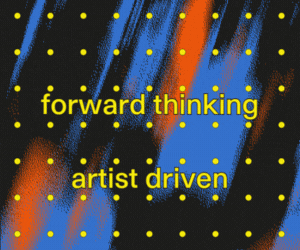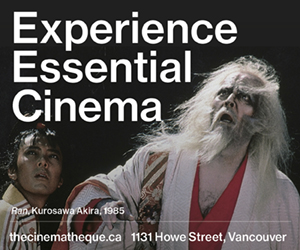How Pierre Kwenders Bridged Worlds to Create His New Album
The musician recalls his journey from singing in the shower to soloing in the spotlight ahead of José Louis and the Paradox of Love.
By Daniel McIntosh
Photo by Daniele Fummo
- Published on
As Kwenders reminisces about the film, it’s hard not to see the parallels between his own music and the late, great Wemba’s character. Like Kourou, Kwenders left his native town and found music as a creative outlet in his new hometown of Montreal, forging his own path for success. His forthcoming album, José Louis and the Paradox of Love features a dedication to Papa Wemba. Kwenders describes José Louis, releasing April 29, as his most personal album to date. The album represents a capstone in his career, a reminder of where he’s been and the friends he’s made along the way, a journey of love made and love lost.
Throughout the record, Kwenders draws listeners through his story, weaving memories across languages. “Your Dream,” features a trance-inducing syncopated rhythm, for Kwenders dreamy, confessional verses to flow over. On “Coupé,” stuttering synthesizers punctuate the beat, creating a Carnaval-ready banger ripe with a flurry of horns. There’s a clear influence of Wemba, Koffi Olamide and more of the touchstone Congolese artists Kwenders witnessed as a child in Kinshasa.
Although Kwenders says he had no musical inclination when he first saw the film, it’s hard to ignore the similarities. First being inspired by Wemba’s voice, which he describes as one of the most beautiful ever, and taking inspiration from his crossover inclinations, working with Peter Gabriel and incorporating hip-hop into Congolese rumba, similar to Kwenders’ interpolation of electronic music on his own albums. “Today we see that a lot in French music and French hip-hop, even in Congo at the moment,” Kwenders says. “It just shows how visionary he was and how he wanted to push Congolese culture and Congolese music really far.”
Despite seeing the gleaming story of success on the big screen, Kwenders’ approach to becoming a professional musician was more lax. He didn’t even explore his musical ability until he was already living in Montreal, joining a church choir at the request of a choir director. “I was like, ‘I can only sing in my shower, but if you really insist I’ll come and audition’” Kwenders recalls.
“Why not? I’ll give it a try. I didn’t really have much to do back then,” he jokes. His singing improved through the weeks and months. He even started going to local shows around Montreal, getting a taste for the city’s vibrant music scenes. When he received a solo, he took the chance to shine in front of a live audience. “It was the moment that I did a solo that I realized that maybe there’s something in here that I could explore deeper,” says Kwenders.


Kwenders fell in with local musicians in Montreal’s Cartierville neighbourhood, hanging out, playing music, and throwing parties out of friends’ wall-to-wall apartments. House parties presented a social alternative to local nightlife, where they could control the music and culture, rather than having it dictated to them through dress codes and enforcement. “Being Black and living in Montreal, sometimes going out, it could be very hard, you know, getting into some clubs and even if you get into the club, that isn’t always the music that you want to hear.”
The impromptu, communal atmosphere sparked the idea for Moonshine, a party series showcasing rumba, amapiano and Afrobeats as a stark alternative to the EDM-centric club scene, where Kwenders and the fellow DJs could introduce people to their music and collect some pocket change to pay for their musical endeavours. “There was the need of a place where we could play the songs that we really want to play, and play anything that we like without discrimination without any judgment and come as we are.” On the first fateful night in 2014, Kwenders and his crew were only expecting to fill 50 per cent of their capacity. “It turned out to be double. Then we ran out of alcohol.” A sure-fire sign of a great party.
“The same way that I do with my music, sharing my culture, we want to do the same with Moonshine,” says Kwenders. “This Afro-global sound that’s been there for many, many decades, but it hasn’t really been noticed properly…we wanted it to be the place for it.”
Since Moonshine’s debut, the roving party series has expanded into an international affair with a rotating cast of DJs and performers. They’ve played shows across Europe and the US, tapping into local diasporas and highlighting local artists along the way. Some nights feature live instrumentation, while famous guests like Win Butler drop in from time to time for a spin on the decks.
Many of the features and supporting artists on José Louis were fellow musicians met through Moonshine. In fact, the album was written and recorded while Kwenders was jetsetting between destinations, including hosting a function in his native Kinshasa. Butler actually appears on “LES,” and threaded throughout the album are contributions from the Africa Intshiyetu Choir, the very same that Kwenders got his start in. “I was in Montreal, and we were lucky to have the studio at the PHI Centre so the choir came and recorded the song. It was just a very beautiful moment knowing that I started singing with them, and having them today on my song, not only on the last song “Church,” but they also did a little bit of back vocals on “Sahara” as well. It’s really just amazing to have them in there.”
The choir support is one of many full-circle moments that emerged in the genesis of José Louis, most notably the inclusion of his given name, a necessary choice he proposes, because the album is less about Pierre and more about José. “Pierre Kwenders here is the messenger; the one who comes with the story and tells the story. But the story here is about José Louis,” says Kwenders. “It’s about this kid who left Congo to Canada and discovered himself through music, and through that experience, met a lot of people, fell in love, experienced new friendships, lost some friendships as well. It was more about me, trying to figure out my shit. I believe I kind of did.”
By Stephan Boissonneault
Nate Amos revisits a decade of stray ideas and turns them into his most compelling record yet.
By Khagan Aslanov
Mike Wallace’s electro-punk project premieres the hypnotic, percussion-driven video for "Certain Days."

